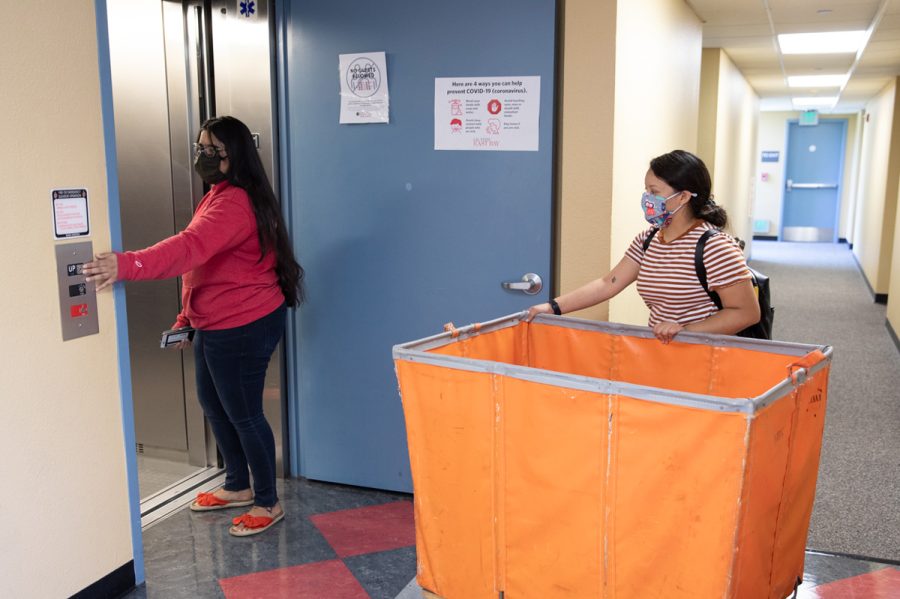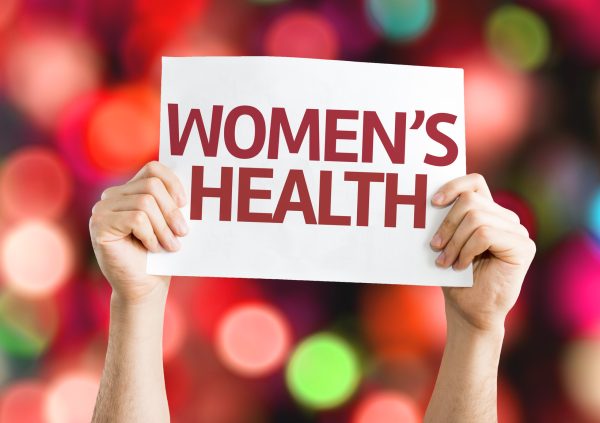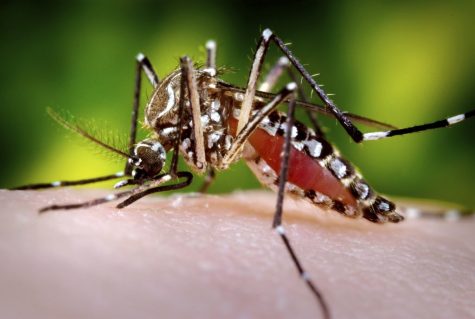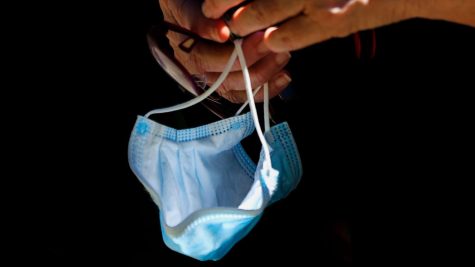Fall Back & Spring Forward
December 8, 2021
Exploring the Effects of Daylight Savings on Mental Health Symptoms
Twice a year, the clocks change, impacting the times we see sunrise and sunset. In spring, we lose an hour of sleep; in fall, we gain one, but we also see less of the sun in the day, which has brought on significant implications for those who experience mental health issues.
While daylight savings time does not cause mental health conditions, research suggests it may worsen them because of sleep interruption. “Those who experience seasonal depression/anxiety are already prone to disturbances in their body’s internal clock. Thus it’s believed that time changes can make depression/anxiety symptoms worse by disrupting a person’s internal clock even further,” explained Kathryn Kirkpatrick, Licensed Clinical Social Worker, a counselor at the Student Health & Counseling Services (SHCS) at California State University, East Bay.
Keeping a steady sleep schedule and limiting the number of naps during the day could help with the disruptance of sleep, advised Kirkpatrick. In addition, having consistency with sleep can help keep a healthy circadian rhythm.
For those with Seasonal Affective Disorder (SAD), the change in time is triggering. “For those who are triggered during the wintertime, daylight savings can impact Seasonal Affective Disorder as they have less light exposure and sometimes less social interactions,” shared Kirkpatrick.
Vitamin D, the sunshine vitamin is less attainable from sun exposure during the winter months. Research has shown that vitamin D is an essential factor in preventing and treating mental health disorders and other diseases. To amend a lack of sun exposure, vitamin D supplements are helpful during this time.
Daylight lamps are helpful when the sun goes down. “Light therapy can be beneficial if you are experiencing depression symptoms during this time. There are lamps sold to expose people to artificial light during the winter months,” encouraged Kirkpatrick.
If the change of time or Seasonal Affective Disorder feels too overwhelming, CSUEB students can contact the Student Health and Counseling Center at (510) 885-3735 to make an appointment with a counselor. For other mental health resources, click here.






![Photo of fentanyl from the U.S. Drug Enforcement Administration (Photo courtesy DEA via Bay City News) [for education purposes only]](https://thepioneeronline.com/wp-content/uploads/2024/03/IMG_4583-600x443.jpg)









